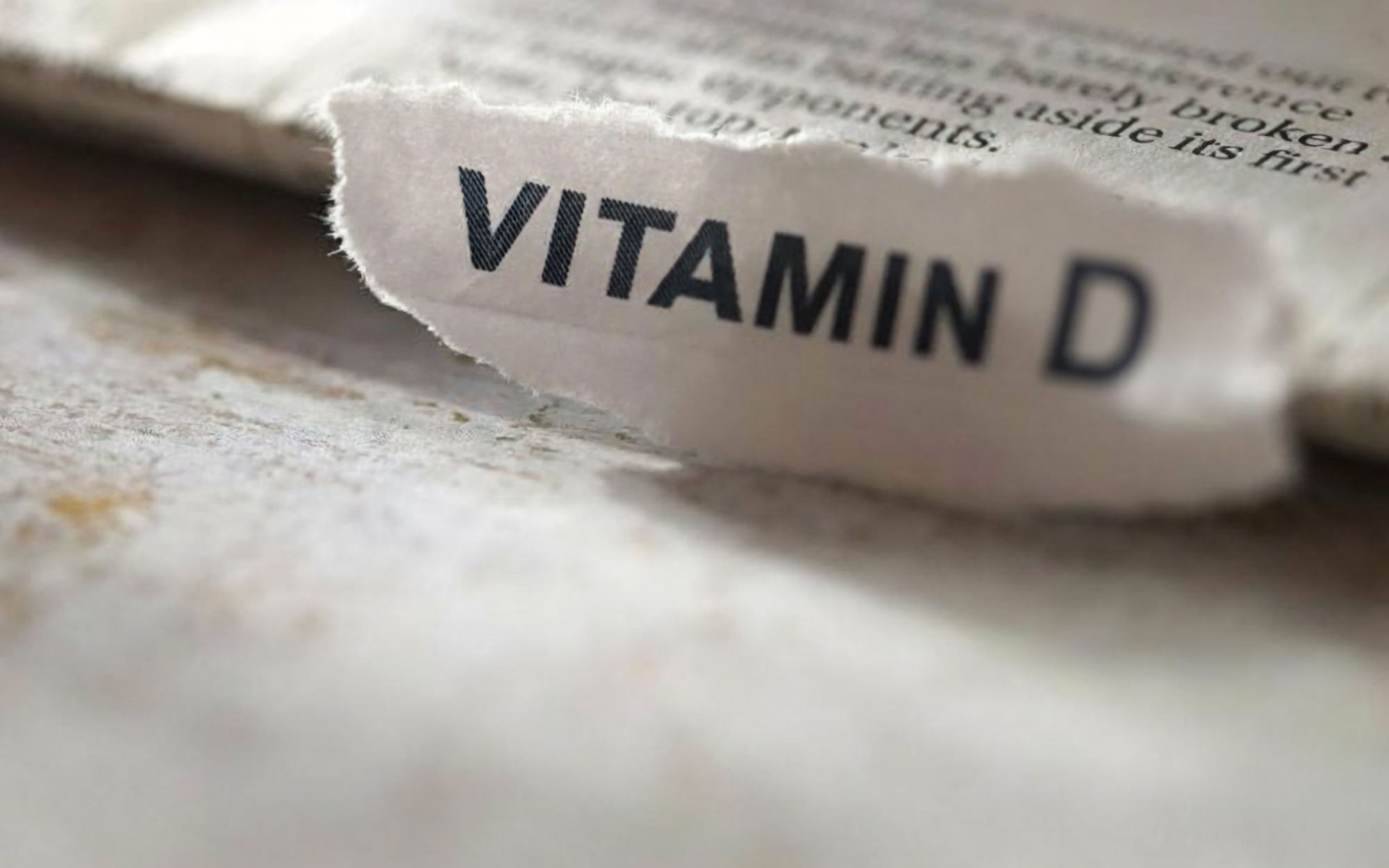What vitamins and supplements should not be taken together: Avoid harmful interactions |

Navigating vitamins and supplements can be challenging, as some combinations may interfere with absorption or effectiveness. Certain nutrients can compete for the same pathways, reducing their benefits and potentially leading to deficiencies or health complications over time. For example, high doses of vitamin C can impair vitamin B12 absorption, while calcium and iron taken together can hinder each other’s uptake. Being aware of these interactions is crucial for optimal health and overall well-being. Proper timing, balanced intake, and consultation with a healthcare professional can help ensure you gain the full benefits of supplementation while avoiding negative interactions and long-term nutrient imbalances.
Common vitamin and supplement combinations to avoid
Vitamins and minerals interact in complex ways within the body. Some nutrients enhance each other’s absorption and effectiveness, while others can compete for the same absorption pathways or interfere with each other’s functions. Being aware of these interactions is crucial for maximising the benefits of your supplements.
1. Vitamin C and Vitamin B12According to a study published in PubMed, high doses of vitamin C can reduce the absorption of vitamin B12. To mitigate this, it’s recommended to take these supplements at least two hours apart. This separation ensures that vitamin C doesn’t interfere with the body’s ability to utilise vitamin B12 effectively. 2. Vitamin A Supplements and Vitamin A-Rich FoodsBoth vitamin A supplements and foods rich in vitamin A, such as liver, are fat-soluble. Excessive intake can lead to toxicity, causing symptoms like nausea, dizziness, and even liver damage. If you’re supplementing with vitamin A, it’s advisable to limit consumption of vitamin A-rich foods to prevent potential overdose. 3. Folic Acid (Vitamin B9) and Vitamin B12While both are essential B vitamins, excessive folic acid can mask symptoms of a vitamin B12 deficiency, potentially delaying diagnosis and treatment. It’s important to monitor intake and consult with a healthcare provider to ensure balanced supplementation. 4. Vitamin E and Vitamin KVitamin E can interfere with vitamin K’s role in blood clotting. Taking high doses of vitamin E may increase the risk of bleeding, especially in individuals on anticoagulant medications. It’s crucial to manage the intake of these vitamins carefully to maintain proper blood clotting function.5. Iron and CalciumIron and calcium compete for absorption in the digestive tract. According to a study published in PubMed, taking them together can reduce the effectiveness of both supplements. It’s recommended to space out their intake by at least two hours to ensure optimal absorption of each. 6. Zinc and CopperHigh doses of zinc can interfere with copper absorption, potentially leading to a copper deficiency. If supplementing with zinc, it’s advisable to monitor copper levels and consult a healthcare provider for guidance on appropriate supplementation. 7. Magnesium and PhosphorusMagnesium and phosphorus can hinder each other’s absorption when taken simultaneously. To optimise absorption, it’s best to take these minerals at least two hours apart, ideally with food or as directed by a healthcare professional.8. Green Tea and IronGreen tea contains compounds that can inhibit iron absorption. To maximise iron intake, it’s recommended to consume green tea and iron supplements at different times of the day, ensuring better nutrient utilisation, improved energy levels, and enhanced overall health benefits for individuals at risk of iron deficiency.
Tips for safe supplementation
- Consult healthcare providers: Always discuss your supplementation regimen with a healthcare professional, especially if you have underlying health conditions or are taking prescription medications.
- Read labels carefully: Pay attention to the dosage and ingredients of supplements to avoid unintentional overdosing or interactions.
- Maintain a balanced diet: Aim to obtain nutrients from a varied and balanced diet, using supplements to fill specific gaps rather than relying solely on them.
- Monitor for side effects: Be vigilant for any adverse reactions when starting new supplements and report them to your healthcare provider promptly.
Safe supplement pairings
While some combinations should be avoided, others can work synergistically to enhance health benefits:
- Vitamin D and Calcium: Vitamin D enhances calcium absorption, supporting bone health.
- Vitamin C and Iron: Vitamin C can improve the absorption of non-heme iron from plant sources.
- Magnesium and Vitamin D: Magnesium helps activate vitamin D, aiding in calcium absorption and bone health.
Always ensure that these pairings align with your individual health needs and consult with a healthcare provider for personalised advice.Disclaimer: This article is for informational purposes only and does not constitute medical advice. Always consult a qualified healthcare professional before making any changes to your health routine or treatment.Also read | How to detect cancer early: Know the symptoms, screening tests, and who’s at a higher risk
link







